Dancing for Dementia
Dancing for dementia can be a wonderful and therapeutic activity for individuals living with dementia. Engaging in dance can provide a range of benefits, including physical exercise, emotional expression, and social interaction. As a dance coach with a focus on inclusivity, I’ve had the opportunity to witness the positive impact of dance on individuals facing various challenges, including those with dementia.
Incorporating dance into a dementia care program requires a thoughtful and adaptable approach. Music from the individual’s era can be a powerful trigger for memories, and choosing familiar tunes can enhance the overall experience. Consider organizing sessions with a mix of dance styles, allowing participants to explore movements that resonate with them.
Adapting dance steps to accommodate the unique needs of individuals with dementia is crucial. Simplifying choreography, incorporating repetitive and rhythmic movements, and providing clear instructions can contribute to a more enjoyable and accessible dance experience.
Creating a supportive and inclusive environment is key. Patience, empathy, and a genuine connection with participants can make a significant difference. Additionally, involving caregivers and family members in dance sessions can strengthen the sense of community and connection.
As someone passionate about making dance accessible to all, I encourage exploring adapted dance programs specifically designed for individuals with dementia. These programs often integrate movement with cognitive stimulation, promoting overall well-being.
If you have any specific questions or if there’s a particular aspect of dance for dementia that you’d like more information on, feel free to contact Ballroom Fit by email at info@ballroomfit.com.au.
To find out more about our Chair Dancing program check out our webpage Ballroom Fit Chair Dancing.
For dancing with a disability in Perth check out the Para and Ability Dance WA.
Photos on some of the classes and displays Ballroom Fit have presented for people living with Dementia in Residential Aged Care.
- Perth Chair Dancing
- Perth Chair Dancing
- Perth Chair Dancing
- Chair Dancing Perth
- Perth Chair Dancing
- Perth Chair Dancing
- Chair Dancing Perth
- Perth Chair Dancing
- Chair Dancing Perth

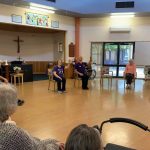

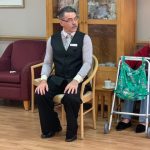
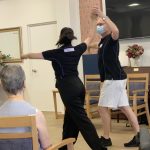
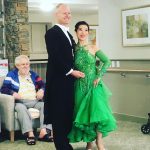

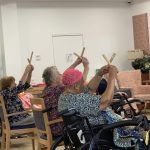
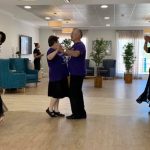
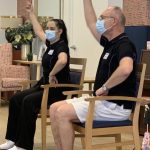
Recent Comments